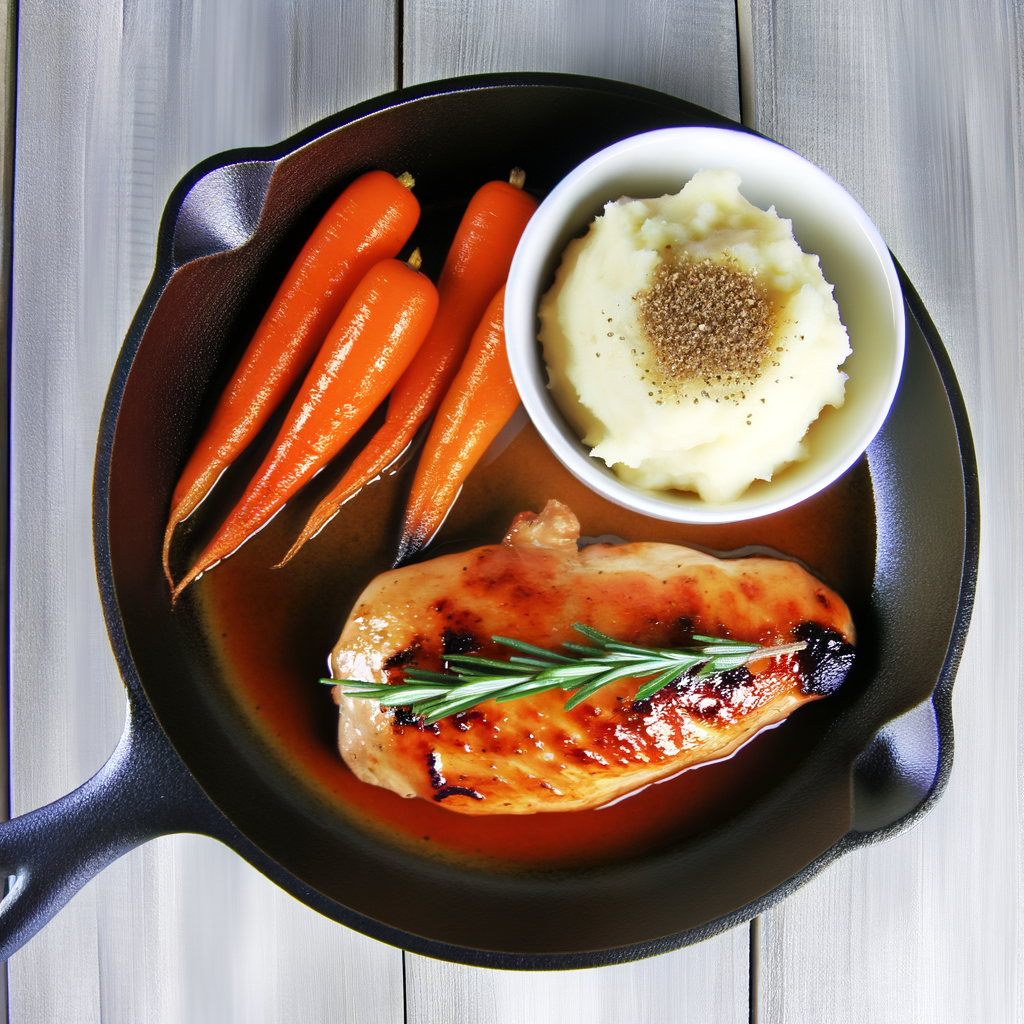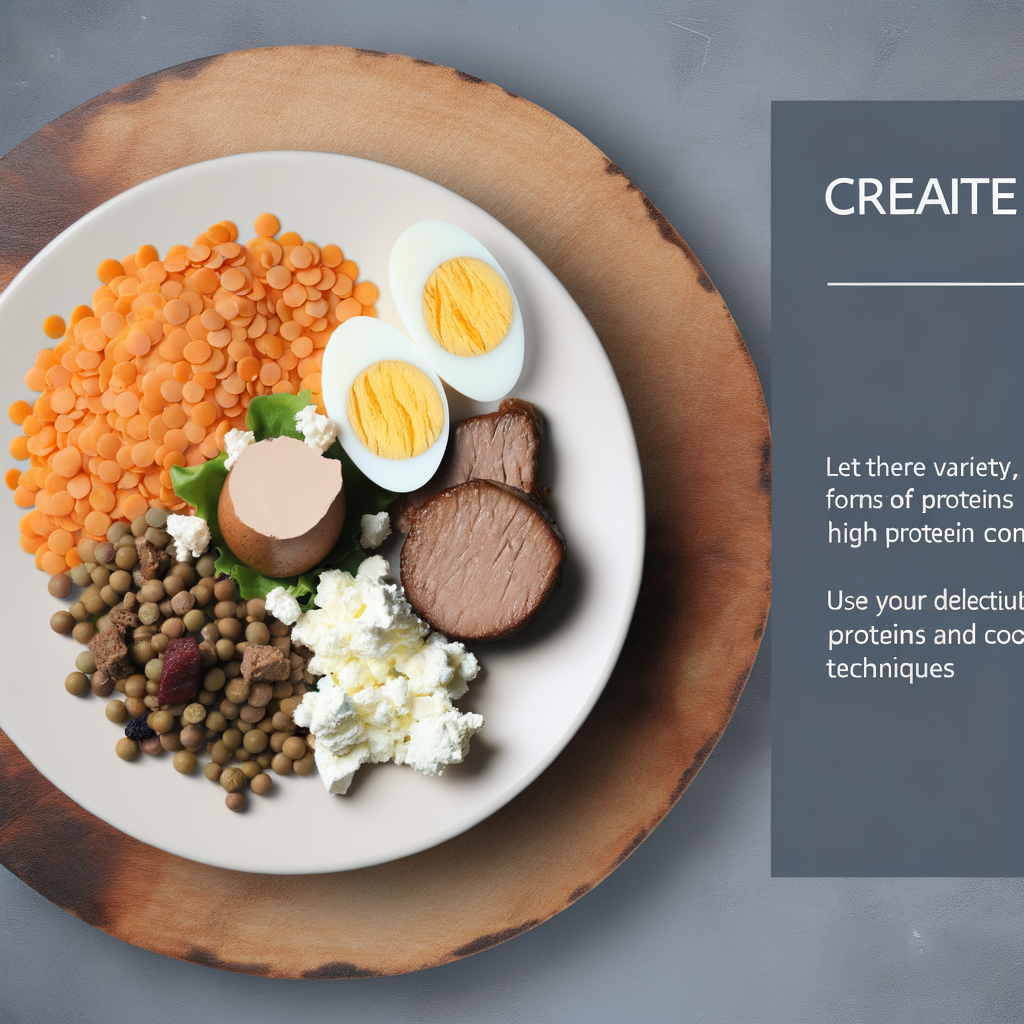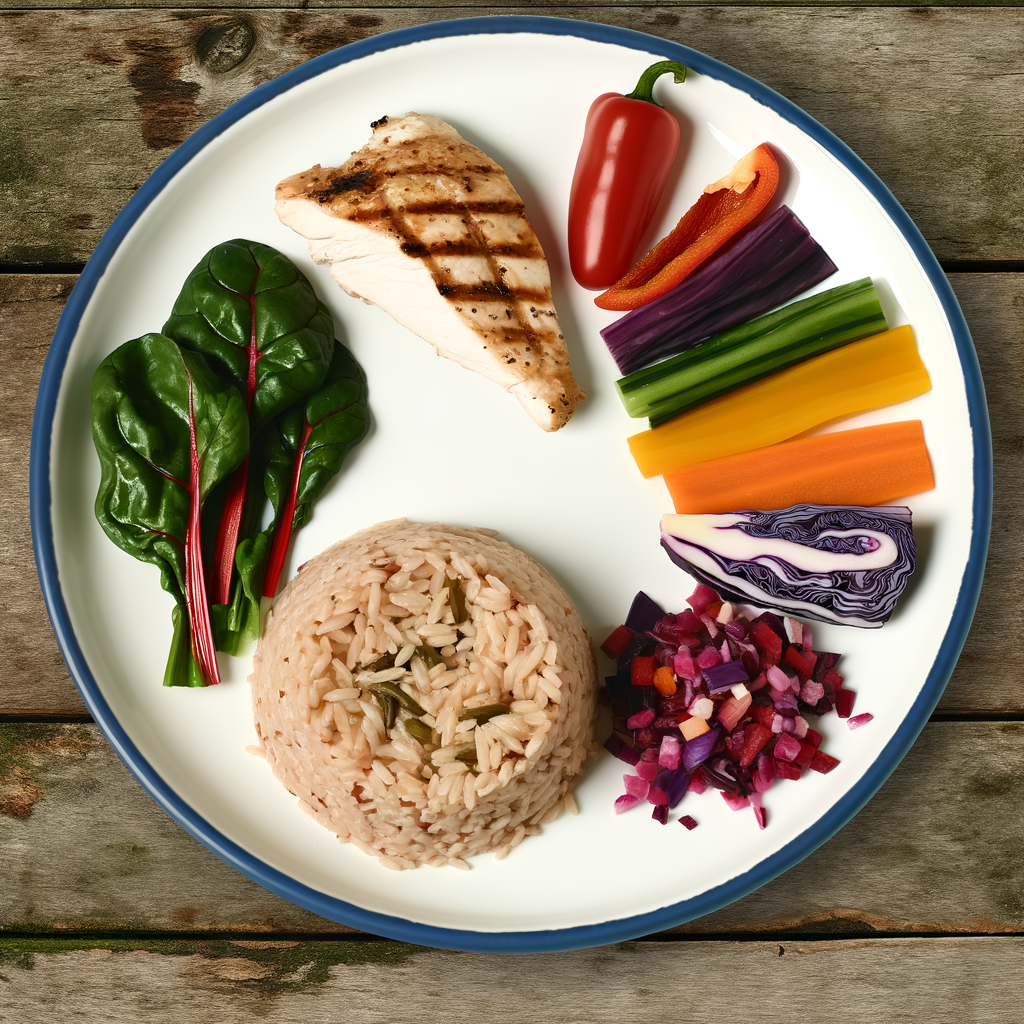When it comes to European cuisine, there is no doubt that proteins play a crucial role in creating delicious and satisfying dishes. From hearty stews to elegant seafood dishes, proteins are the foundation of many traditional European dishes. But why are proteins so important in this type of cuisine?
Proteins provide essential nutrients and are a key component in maintaining a healthy diet. They are the building blocks of our bodies, and are responsible for repairing and maintaining our muscles, bones, and skin. In European cuisine, proteins are often sourced from a variety of meats, such as beef, pork, and lamb. These meats are often slow-cooked with herbs and spices, resulting in rich and flavorful dishes.
In addition to their nutritional benefits, proteins also add depth and complexity to dishes. For example, a classic French Coq au Vin is made with chicken, bacon, and red wine, resulting in a dish that is both hearty and flavorful. The combination of different proteins in a dish can also create a balanced meal, providing a variety of nutrients and flavors.
Proteins are also an important part of the cultural identity of many European countries. In Italy, for example, pasta dishes are often topped with a variety of proteins, such as sausage or seafood, adding a unique twist to the dish. In Spain, seafood is a staple in many traditional dishes, highlighting the rich flavors of the Mediterranean.
So next time you are enjoying a delicious European meal, remember the importance of proteins in creating a well-rounded and satisfying dish. From providing essential nutrients to adding depth and flavor, proteins are an essential part of European cuisine.





